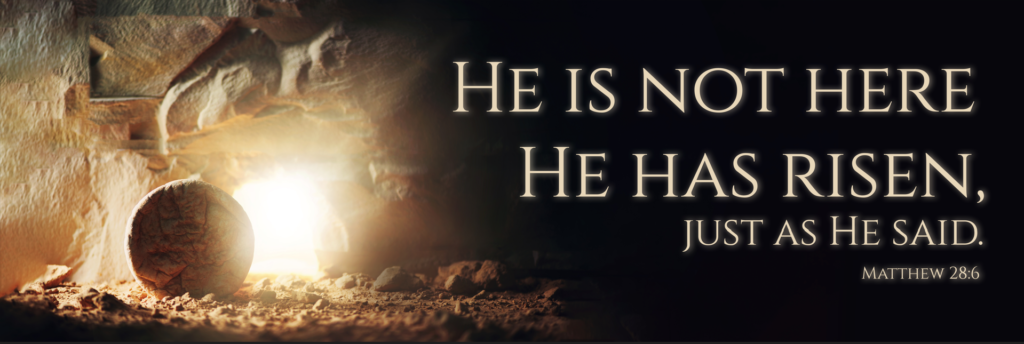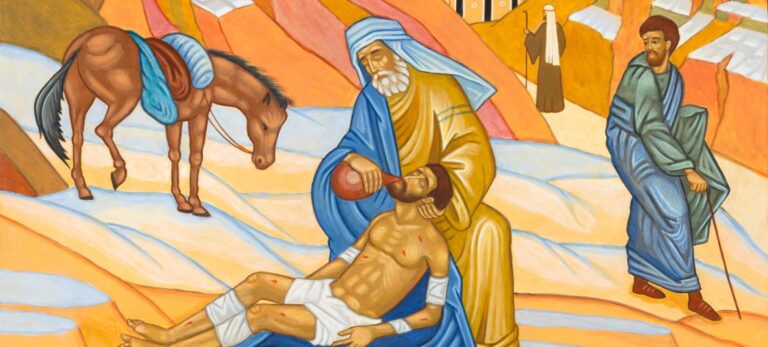
IT WAS IMPOSSIBLE FOR DEATH TO KEEP ITS HOLD ON HIM

The event that dominates the world’s history surely has to be the day that Jesus Christ rose from the dead. The significance of the death and resurrection of Jesus of Nazareth is mind-boggling. The fact that the eternal Word of God had actually died just days earlier sounds counter-intuitive, doesn’t it? I mean, isn’t it striking that the source of all life could have allowed himself to die? He who had raised the dead, he who is the only way, the only truth, and the only life, the Lord of all creation through whom and for whom the universe was formed (Colossians 1:16) with its trillions of galaxies, how could he have died? How could the source of all beauty allow himself to die tainted with the ugliness of sin – all our sins – bearing for our sake the full weight of all the cruelty committed by the dark side of humanity since the dawn of civilization until forever? It defies reason. “For our sake he made him to be sin who did not know sin, so that we might become the righteousness of God (2 Cor 5:21).” Christ’s death for our redemption, by paying the price for all our misdeeds, shows how far he was willing to go to save us from ourselves and help us become the persons we could be.
Such a death couldn’t last. It was impossible for death to keep its hold on him (Acts 2:24). Jesus’s resurrection was thus inevitable for the natural order of God’s creation to be restored. That’s why the miracle that happened on that Easter morning was actually much more than just a historical event. On that day, the world shifted and would never be the same again. It was a turning point that will echo everywhere throughout eternity.
The fact that Jesus was raised from the dead also revealed that he was not just a prophet, as some would believe, but that he spoke the truth when he said: “Whoever has seen me has seen the Father (John 14:9).” The fact that he was not just a prophet revealed that the Old Testament was accomplished, that the ancient prophecies about God’s plan for us were fulfilled. “Do not think that I have come to abolish the law or the prophets; I have come not to abolish but to fulfill (Matthew 5:17).” More to the point, his resurrection, following his horrible death for our sake, revealed something huge, something the mind could never have grasped: the fact that God is love. Who knew? That breathtaking revelation revolutionized the world.
Easter is thus more than just the commemoration of something that happened in the distant past. It’s the celebration of Jesus’s victory over death, a victory that can also be ours today if we want it, to make the grave a mere transition from mortal life to eternal life with God. It’s our beacon of hope in our darkest nights because it makes the impossible possible. It gives Christianity its full meaning.
May Easter rekindle all our hopes this year, for us, for our loved ones, and for the world – by reminding us of the extent of God’s love for us, and of the power of that love over death and despair.
Eugene Aucoin is a retired human resources director and university professor. He spoke around the world about nurturing human potential, but his passion is sharing his love for the teachings of Jesus. His first book Has Science Killed God? won Asia’s best Catholic book of the year in theology in 2020. His next book, with Novalis, will focus on the Beatitudes for inner peace and happiness. Eugene also gives seminars about faith.


